Cultural Values in Ancient Indian Economic and Political Thoughts
Synopsis
This assignment is both interesting and challenging. Though highly pertinent, the approach has not been applied seriously and systematically to Indian thought. Besides the novelty of the theme, I am conscious of the difficulties to be encountered and my own limitations in coping with them. There is an apparent inherent incompatibility involved in the theme. Both economics and politics are dismal disciplines. In economics there is a cutthroat competition and the road to success may have to be through deceit, underhand dealings and exploitation. Likewise, in the sphere of politics, nothing is fair or unfair. What is important is the final success, the ultimate victory over the opponents. Whatever the form of the means, they are justified by the end. The story of political and economic activities in any group or society is often a long narrative of shocking and revolting violations of moral considerations and cultural values. It must, however, be pointed out that, whatever be the nature of the behaviour of people in economic and political activities, their respective sciences cannot be accused. No science can afford to be based on untruth or unbecoming behaviour. It has to lay down norms and principles. Thee seems to be a fundamental difference between morals and values on one hand and political science and economics on the other. Political science and economics are social sciences. They deal with the realities, with the present. History can play only a very marginal role in them. Moral and values relate to the realm of ideas and belong to the discipline of philosophy. They are essentially parts of tradition and, hence, have a tendency to look back to the past. History has role in them. But underlying these apparent differences there are some common grounds between the two. They are not twins, which can never meet. Both deal with man and society and are concerned about regulating the present and shaping the future. Both are aware o the realities of the situation and formulate principles, regulations, and systems to give them shape and direction.
Read more
11.70
10.53
$
13.00 $
Free delivery Wolrdwidе in 10-18 days
Ships in 2-4 days from New Delhi
Membership for 1 Year $35.00
Get it now and save 10%
Get it now and save 10%
BECOME A MEMBER

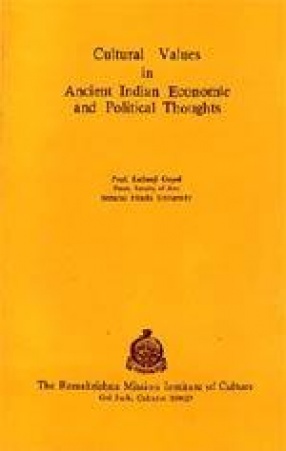
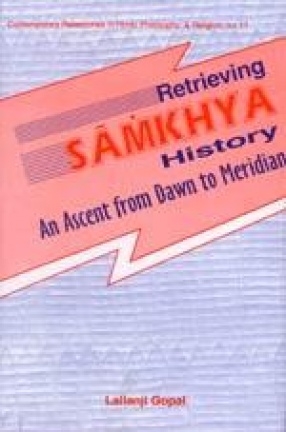
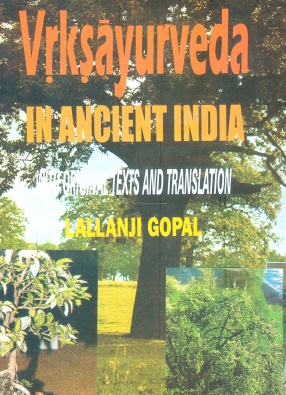
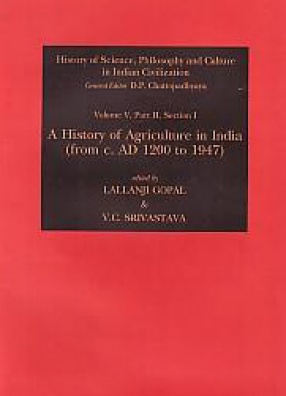
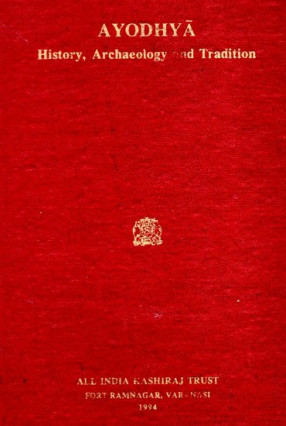
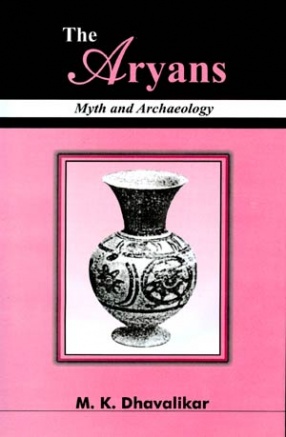


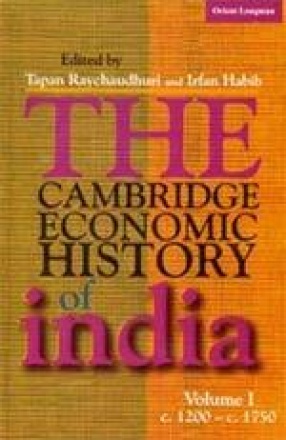

Bibliographic information